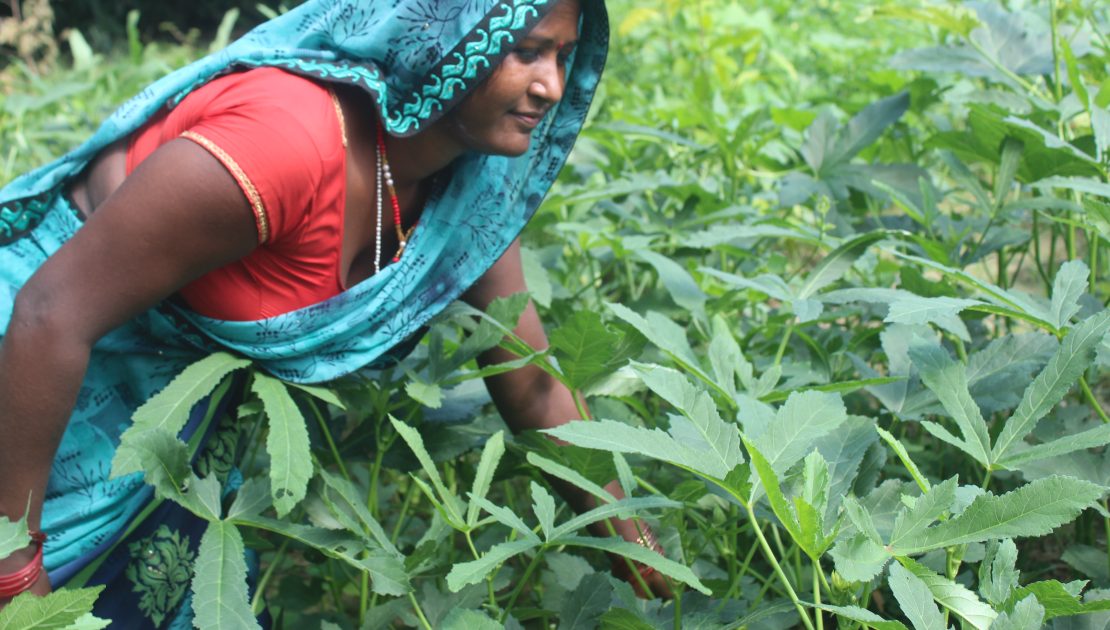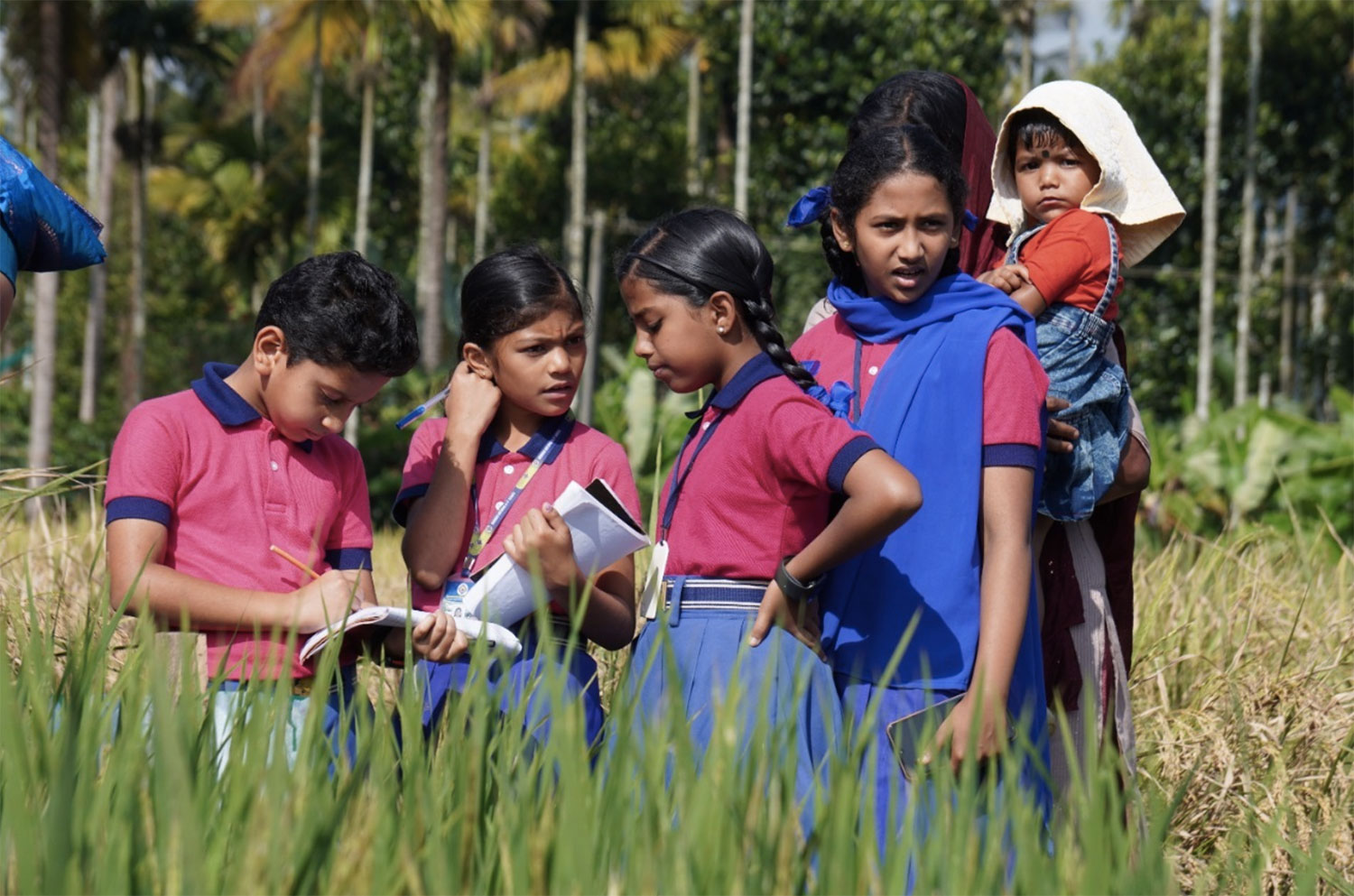The risk depends on the toxicity of the pesticide ingredients and how much of the pesticide a child is exposed to. Pesticides are a collective term for chemicals intended to kill unwanted insects, plants, molds, and rodents. Children encounter pesticides daily and have unique susceptibilities to their potential toxicity. Acute poisoning risks are clear, and understanding of chronic health implications from both acute and chronic exposure are emerging. Epidemiologic evidence demonstrates associations between early life exposure to pesticides and pediatric cancers, decreased cognitive function, and behavioral problems. Related animal toxicology studies provide supportive biological plausibility for these findings. Recognizing and reducing problematic exposures will require attention to current inadequacies in medical training, public health tracking, and regulatory action on pesticides. Policies that promote integrated pest management, comprehensive pesticide labeling, and marketing practices that incorporate child health considerations will enhance safe use.



